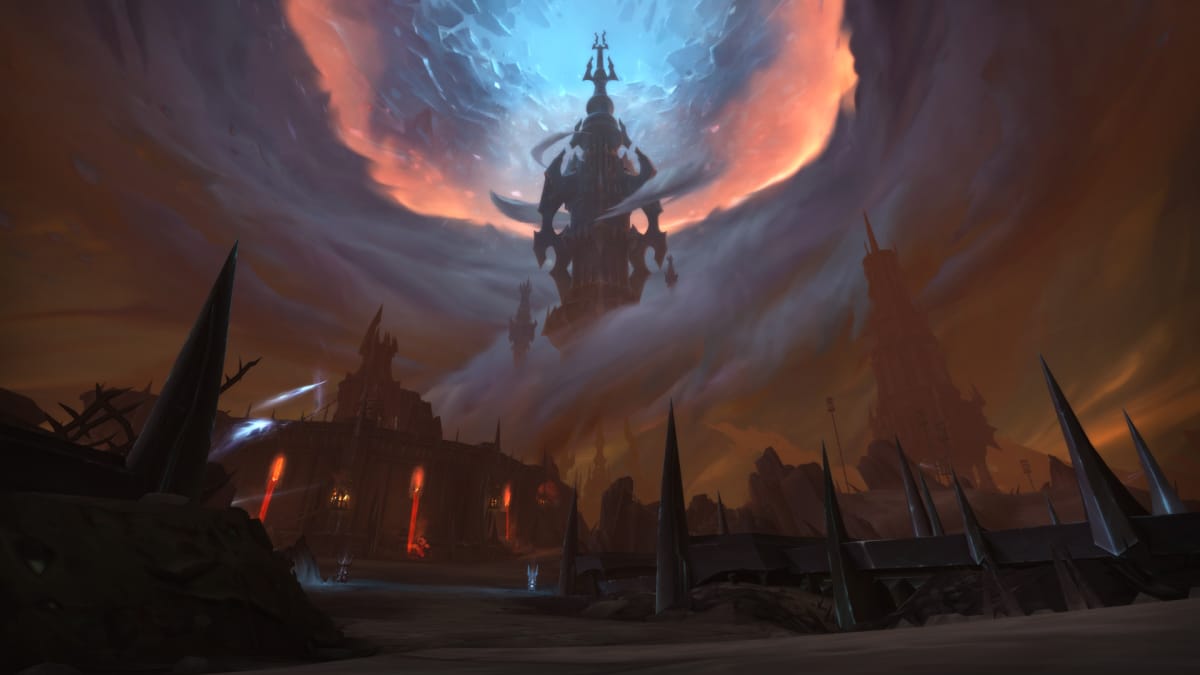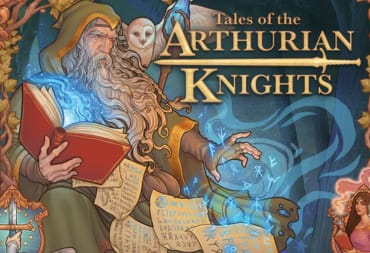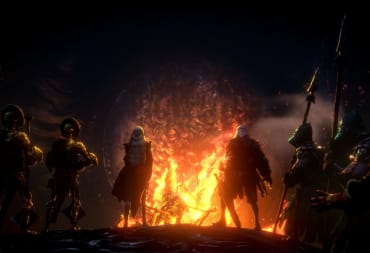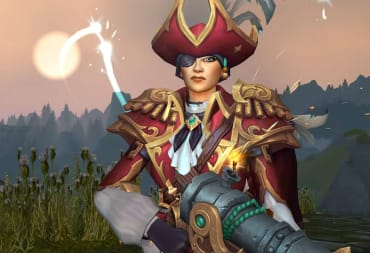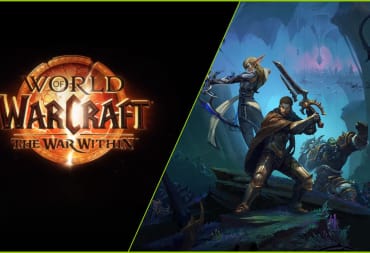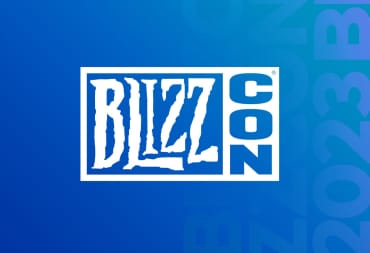After one of the most extended gaps between patches in World of Warcraft history, Activision-Blizzard has released patch 9.1: Chains of Domination. As players delve into the depths of Korthia and face off with the Jailer's forces, players must unite the covenants in a combined offense. But perhaps one of the more interesting elements is how unreliable narrators among Blizzard games are about to become a bigger deal through some exciting sources in the game's text.
Suppose you talk to most hardcore Warcraft players. In that case, they will tell you that the best source for understanding WoW as a universe is the Chronicles, a series of three books that go into detail about WoW's lore. The text also answers several key questions, such as how the world came to exist. For hardcore WoW players, the Chronicles are one of the best sources for understanding the lore and what should be considered “canon.” Because Blizzard has published several games since Warcraft's first game, Orcs and Humans, in 1994, the story has changed quite a bit.
But one of the critical elements of Chronicles is that it is written from the perspective of the Titans. The Titans are large god-like creatures in the WoW universe who have helped form several of the world's indigenous species. Players were initially encouraged to view the Titans as one of the most potent forces in the universe. Titans created humans, but they were the ones fighting back against the Void Lords. This enormous magical force threatened all of reality. The Burning Legion, once considered the Big Bad of Azeroth, is led by a fallen Titan.
In any scenario, Titans should be considered a reasonably trustworthy source of information. However, Blizzard appears to be challenging this narrative with patch 9.1.
A crucial part of 9.1 is Tazavesh, a Mythic Megadungeon where players will enter into a marketplace of the Brokers, the mysterious allies who populate the Shadowlands. Within this market is an assortment of unique items that may interest players. These include Field Expedition Reports from a Broker who appears to be digging into the magical nature of the universe.
The Broker, known as Al'firim the Heretic, has done his work to dig into questions about the state of material existence, particularly the relationship of the six magical forces that seem to control the world. Chronicle introduced Warcraft fans to a dynamic chart illustrating how all sorts of magic fit into one of six “realms” of magic: Holy, Shadow, Order, Disorder, Life, and Death. Al'firim originally believed that the mortal realms were a source created by the First Ones (a group introduced but not defined in Shadowlands yet) for Anima. But after select discussions with a mortal, Al'firim seems more convinced that each of the six realms’ “Pantheons” have their own narratives
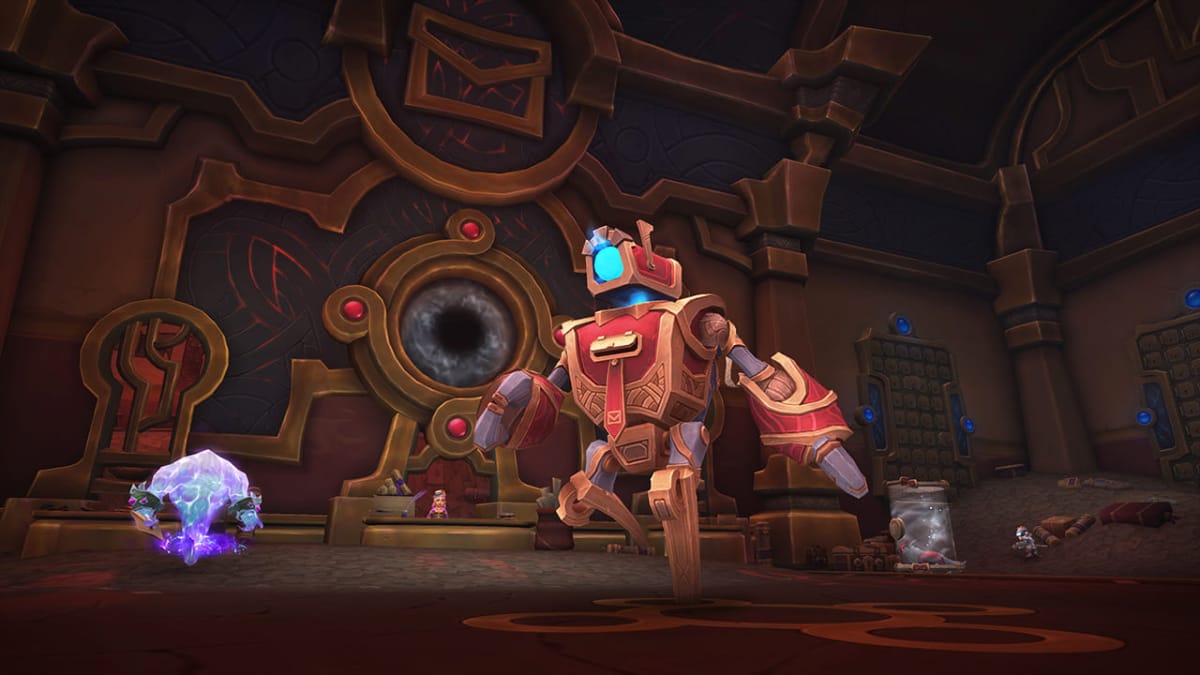
This may seem like very technical speech, but fans will explore a lot of it for a while. But what is reinforcing as a trope for fans is Blizzard's heavy reliance on the “unreliable narrator.”
Unreliable narrators are a standard literary tool among writers. The author will introduce a narrator or explainer into a story who may not be entirely truthful. This lack of reliability can be for many reasons, such as madness, low intelligence, or perhaps even differing experiences. It's also a tool that has grown increasingly popular in gaming. Games like The Stanley Parable or Portal challenge the player's trust in their environment, especially if they are unsure that the narrative voice pushing them forward has their best interests at heart.
Blizzard has shifted more and more into telling stories with unreliable narrators in recent years. While Warcraft's narrative allows us, the player, to experience so much of the game's narrative firsthand, there is an assortment of texts and resources that offer players reasons to doubt the world around them. For example, Hearthstone has consistently released entries in the Book of Heroes, a series of mini-adventures where the players’ favorite “classes” would fight through their original stories. What has made these stories attractive is the clash of narratives. There are often matches forcing players to fight against one of the other classes in many of these adventures. For example, the Garrosh (Warrior) Book ends with players fighting against Thrall after the two war chiefs clash in Orgrimmar. As a player, you eventually win the fight. But it's an entirely contrary narrative to what we saw in the Siege of Orgrimmar raid, where the invading forces defeated Orgrimmar after consuming the heart of an Old God. It also notably ignores how Thrall kills Garrosh in Warlords of Draenor.
While these sorts of decisions occur with the intent of making gameplay fun, Blizzard has emphasized that, in some ways, these sorts of storytelling design decisions are reflective of the priorities of the narrators themselves. It is a simple design decision that has massive implications for how a story is told. And it is a priority that leaks down into their most significant property, World of Warcraft, in its very creation.
Al'firim's report acts as a sort of revelation. It confirms that our understanding of the more expansive universe is limited. The world of Azeroth and the realms beyond it are far more extensive and far more complicated than we initially thought, and even the ”gods” that control the world are limited in their understanding, possibly even deceptive. Even the stronger characters we met in this expansion, like the Winter Queen, have superiors who may have far more power over them and deal with larger forces. It offers the game a realm to expand into and flexibility for expanding the lore. The Chronicle was not the last word on the state of legend and could lead to additional expansions, books, and more to build this up.
While this presence of the unreliable narrator is perfect for fans and lore aficionados, it remains unclear if it will have a meaningful impact on the development of future Warcraft expansions. It has provided plenty of fodder to discuss among the most devoted fans of Warcraft. However, it will be a matter of time to see if any of this becomes something far more substantial for Azeroth's future.
Have a tip, or want to point out something we missed? Leave a Comment or e-mail us at tips@techraptor.net
